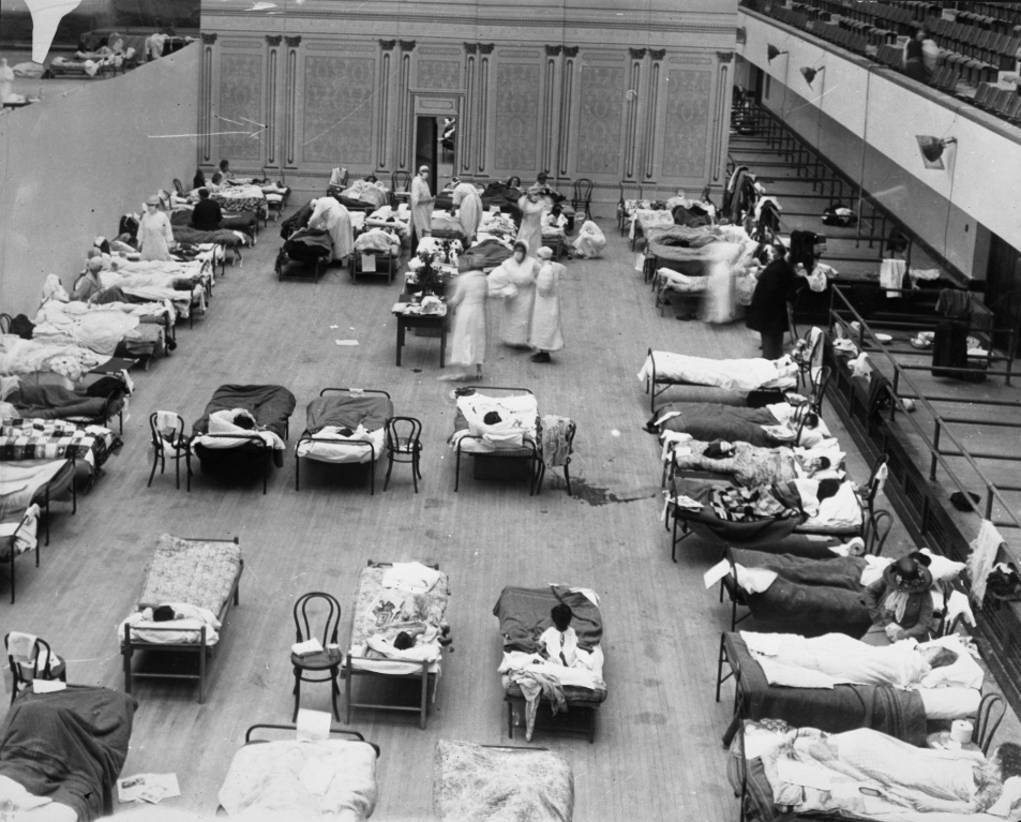When people in the future look back on the coronavirus era, what will they see?
Will they know that your neighbors gathered on their respective porches, glasses of wine in hand, to sing together at 7 p.m. every evening in April? Will they understand the hopelessness you felt when you had to choose between going to work and supporting your family or keeping them protected from the disease? Will they learn lessons from the hours we spent waiting on coronavirus testing lines, and the days we spent waiting for the results, when they debate new health care policies?
With its new “COVID-19 East Bay Community Archive” project, the Oakland Public Library wants to make sure the answer to all those questions is “yes.”
Librarians will spend the next five months collecting reflections, memories, and even paintings, emails, and poems, for a digital archive that anyone will be able to look through for years to come.
“We’re not likely to have an experience like this again,” said Dorothy Lazard, head librarian of OPL’s Oakland History Center. “Our community is changing right before our eyes, and how do we capture that for future generations? We’re inviting the community to tell us how they’re getting through this unprecedented, scary time.”
When Alameda County’s health officer issued the first shelter-in-place order in March, libraries shut down and staff got together to discuss what projects they should work on now that their roles had shifted. A number of library staff were interested in some kind of history project, Lazard said, and librarian Emily Foster had the idea for the archive.
From now until Dec. 31, anyone in the East Bay can fill out an online form, answering questions about your life and community during the pandemic, or uploading documents and images that illustrate your experiences. After that, OPL will work with California Revealed, a state library initiative, to curate and digitize a collection that will live on Calisphere, a University of California digital archive.

Lazard stewards OPL’s treasured Oakland History Center, which is filled with books, newspaper clippings, oral histories, death certificates, and hundred-year-old fire insurance maps, all from Oakland and the East Bay. Even though the collection is extensive, Lazard wishes the library had something like the new community archive for less-documented moments in local history.
“I wish there was some kind of tool like this archive during the time of the Great Migration and leading up to World War II,” said Lazard about the exodus of millions of Black Americans out of the South starting around 1915.
“What was it like for African Americans moving into California in the ‘20s and ‘30s?” she said.
There are big gaps, too, in who and what gets memorialized, she said.
“We have a lot of oral histories about different neighborhoods, but it seems like historically what gets reported in Oakland stops around Fruitvale. What goes on at Brookfield, Castlemont, or Elmhurst?” Lazard said.
This time, the archive “has to” represent much more of Oakland and its many cultures and communities, she said. The library is sending the archive submission form to local churches and community groups in hopes of reaching a wider audience.
If all goes as planned, the final collection will be part scrapbook and part roadmap for building a better society after the crisis.
“There’s something very existential about this moment,” Lazard said. “It’s forcing us to confront how we’re going to live, moving forward. Will we be more compassionate, will we make health care more accessible?”
Lazard also sees the benefit in reflecting on the past and looking ahead, at a time when so many are consumed by anxiety and immediate concerns.
“My hope is it’s a bit relieving for people,” she said.

